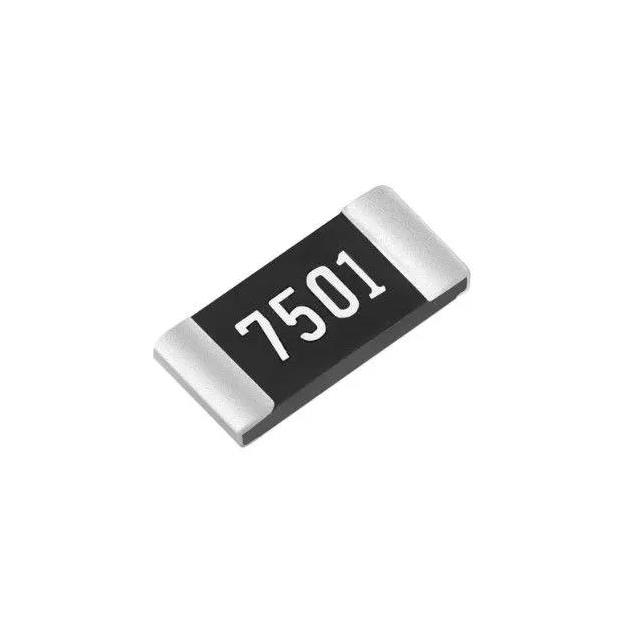What is a 1 Ohm Resistor?
A 1 Ohm resistor is a passive two-terminal electrical component that is designed to limit the flow of electric current in a circuit. It has a resistance value of 1 Ohm, which means that it will allow a current of 1 ampere to flow through it when a voltage of 1 volt is applied across its terminals. These resistors are available in various physical sizes and power ratings, making them suitable for a wide range of electronic applications.
Applications of 1 Ohm Resistors
1 Ohm resistors find applications in various electronic circuits and systems. One of the primary uses of these resistors is in current sensing and measurement circuits. By placing a 1 Ohm resistor in series with a load, the voltage drop across the resistor can be used to measure the current flowing through the circuit using Ohm's law (V = I * R). This makes 1 Ohm resistors ideal for current monitoring and protection in power supply circuits, motor control systems, and battery management systems.
Another common application of 1 Ohm resistors is in voltage divider circuits. By combining a 1 Ohm resistor with other resistors, it is possible to create precise voltage levels for various components in a circuit. This is particularly useful in sensor interfaces, analog signal conditioning, and feedback networks in control systems.
Types of 1 Ohm Resistors
1 Ohm resistors are available in different types, each with its own characteristics and advantages. The most common types of 1 Ohm resistors include wirewound resistors, chip resistors, and film resistors.
Wirewound resistors are constructed by winding a resistive wire around a ceramic or fiberglass core. They are known for their high power handling capabilities and low inductance, making them suitable for high-frequency applications and power electronics. However, wirewound resistors are relatively larger in size compared to other types and may not be suitable for compact electronic designs.
Chip resistors, on the other hand, are compact surface-mount components that are widely used in modern electronic devices. They are manufactured using thin film or thick film technology, which allows for high precision and stability. Chip resistors are available in various package sizes and power ratings, making them suitable for a wide range of applications, including consumer electronics, telecommunications, and automotive systems.
Film resistors, including metal film and carbon film resistors, are another type of 1 Ohm resistors that offer good stability and low noise performance. They are commonly used in audio amplifiers, precision measurement equipment, and instrumentation circuits where accuracy and low distortion are critical.

Choosing the Right 1 Ohm Resistor for Your Application
When selecting a 1 Ohm resistor for a specific application, it is important to consider factors such as power rating, tolerance, temperature coefficient, and environmental conditions. For high-power applications, a wirewound resistor with a high power rating would be suitable, while for compact designs, a chip resistor with a small package size would be more appropriate.
Additionally, the tolerance of the resistor determines the allowable deviation from the specified resistance value. For precision applications, a resistor with a low tolerance, such as 1% or 0.1%, would be necessary to ensure accurate performance.
The temperature coefficient of the resistor is another important consideration, especially in applications where the operating temperature can vary significantly. Resistors with a low temperature coefficient ensure that the resistance value remains stable across a wide temperature range, which is crucial for reliable circuit operation.
In conclusion, 1 Ohm resistors play a crucial role in electronic circuits by providing precise control over current and voltage levels. Whether it is for current sensing, voltage division, or impedance matching, the use of 1 Ohm resistors is essential for achieving optimal performance and reliability in electronic systems. By understanding the different types and characteristics of 1 Ohm resistors, engineers and designers can make informed decisions when selecting the right resistor for their specific applications.
